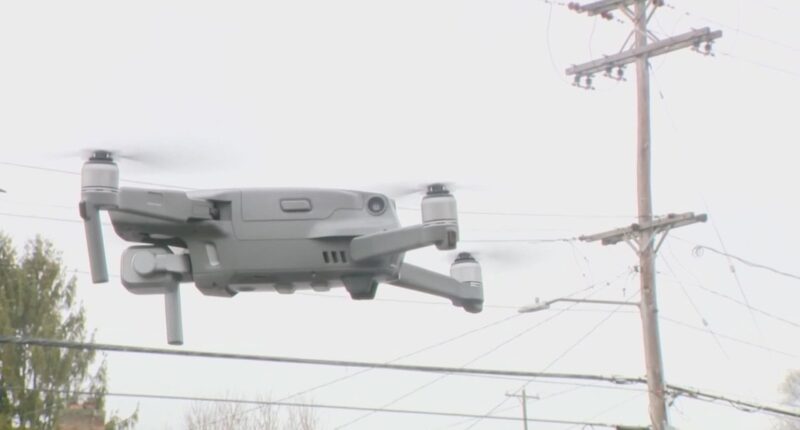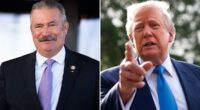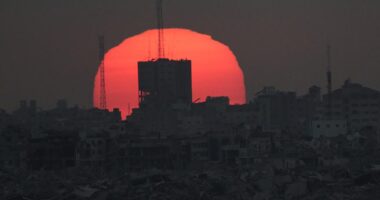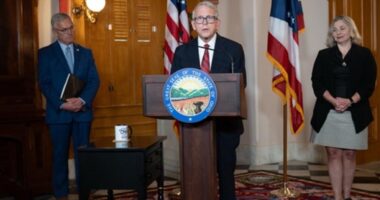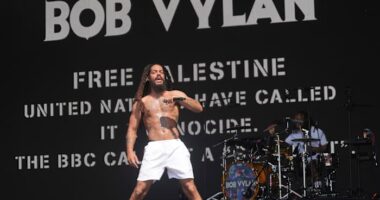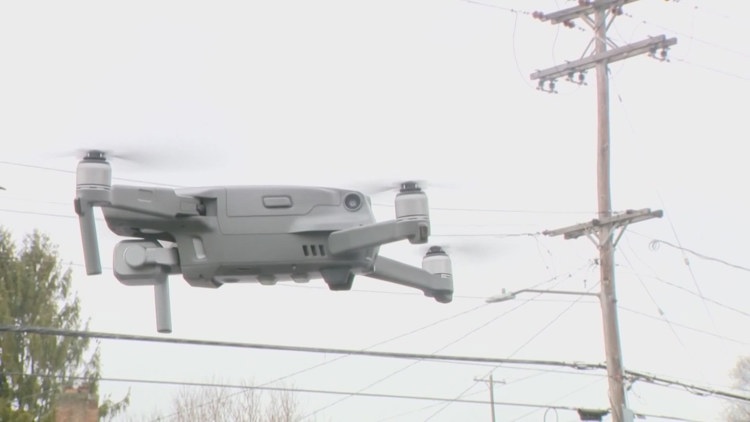
The police drone guidelines will be some of the most restrictive in the country, but still an asset to law enforcement.
CLEVELAND — Cleveland police could soon be taking to the skies.
The city’s Community Police Commission has finally approved a new policy on the usage of drones by law enforcement following months of discussion. The revised guidelines, which were influenced by feedback from the public and federal regulations, are now set to be reviewed by the U.S. Department of Justice.
Under the new policy, police officers are permitted to utilize drones in critical situations such as hostage scenarios, executing search warrants, or locating individuals who are missing. However, the use of drones for monitoring protests, gatherings, or demonstrations is strictly prohibited unless a crime is actively occurring or there are urgent circumstances similar to those that would warrant a legal search.
It’s potentially a new era of policing in Cleveland. But along with it comes a familiar debate: privacy versus safety.
The Community Police Commission made adjustments to the policy in response to worries expressed by community members and civil rights supporters who had concerns that drone footage might be used to recognize and take action against protesters, especially in sensitive political settings.
“Drones cannot de-escalate. They can’t listen like humans. They can’t mediate,” said one resident during public comment. “They only watch, record and intimidate.”
“I find it to be pretty alarming that I feel like we’re just slipping more and more towards this idea of increased surveillance equals increased protection and public safety,” added another concerned community member. “I don’t support increased drone use. That’s not the way that I want my tax dollars to be used.”
Others supported the policy, saying drone technology can enhance public safety. “We need it,” said another attendee. “Protesters—if you’re doing the right thing, why worry about being filmed?”
Cleveland’s policy is considered more restrictive than those in many major U.S. cities, where police often have broader discretion. Commissioner Piet van Lier says the CPC worked to “carefully thread the needle.”
“We were trying to balance the rights to privacy—for example, protesters who were out protesting—we don’t want any surveillance singling people out. But also, the need to use this as a tool,” he said.
Because Cleveland remains under a federal consent decree, the policy must be approved by the Department of Justice before drones can be deployed. According to Van Lier, the commission is open to further revisions if DOJ officials request changes.
“It does what it needs to do, finds the balance, and provides another tool for constitutional policing in Cleveland,” he said.
For now, optimism continues to take flight.
The city should hear back from the DOJ about any policy changes within a matter of months.
